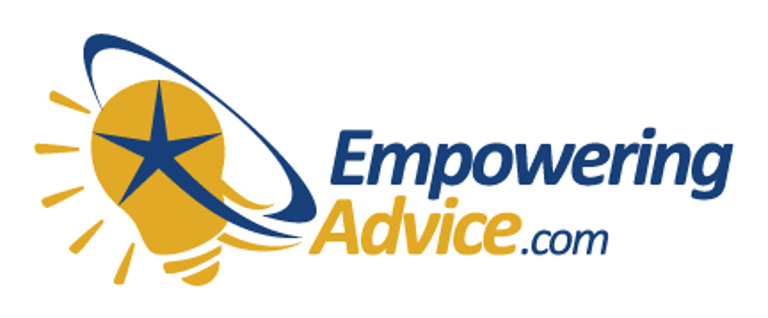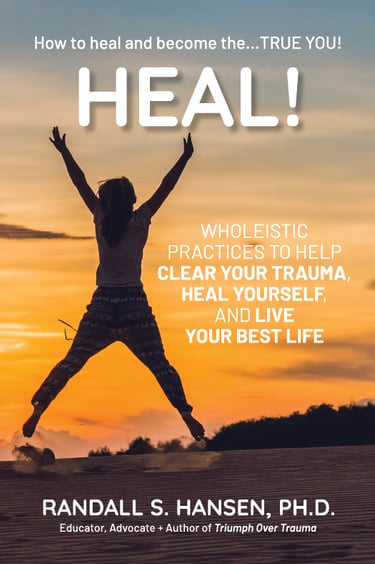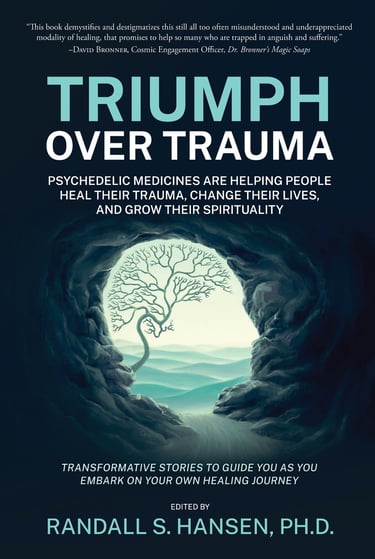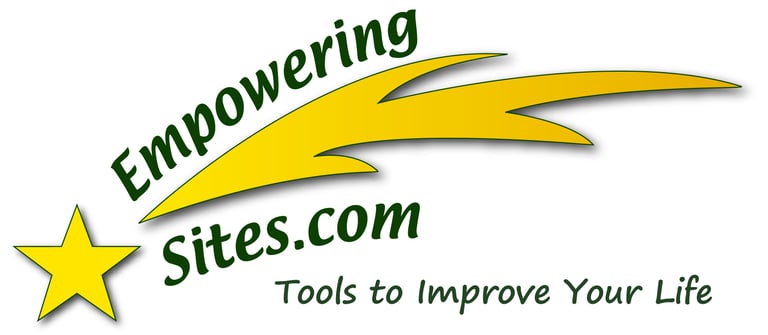Trouble Sleeping? Five Plant-Based, Natural Sleep Aids
Sleep is essential to life and health. If you struggle with sleep and want to avoid addictive pharmaceutical drugs, here are five natural, plant-based sleep aids.
Sleep. It’s what we need plenty of each night. (Yet women have a lifetime risk of insomnia -- as much as 40 percent higher than men.)
Sleep. It’s what adults need… at least 7-8 hours of each night. (About a third of us report getting less than 7 hours nightly.)
Sleep. It’s something many people struggle with each night. (About 15-30 percent of us battle with chronic insomnia – even higher among older adults.)
Sleep. It’s something that typically especially escapes adults with mental health concerns. (A large percentage of people with depression and post-traumatic stress suffer from insomnia.)
Sleep. It’s something that drives people to seek remedies to fight insomnia. (About 10 percent of people take a prescription sleep aid, while 20 percent seek out natural remedies for sleep.)
Five Natural Sleep Aids
1. Cannabis. Hands down, this plant works miracles for sleep and pain. If you live in a U.S. state with medical or recreational cannabis sales, seek out a tincture (or edible) created for sleep. Here in Washington State, we have a product called Beauty Sleep, which works wonders. If you do not want a product with THC or live in a state where it is illegal, look into one or more CBD products legally produced from hemp. Many producers make blends specifically for sleep, pain relief, and recovery. Some of my favorite brands are Charlotte’s Web, Exhale Wellness, and Green Gorilla.
2. GABA. One of the trendier natural sleep aids is Gamma-aminobutyric acid (GABA), an amino acid that reduces the activity in brain cells. GABA is a neurotransmitter that inhibits brain activity, helping with sleep. Some small trials have shown that supplementing with GABA can reduce stress and relax the mind, thus allowing people to fall asleep more easily. GABA is found naturally in many foods, including cruciferous vegetables, such as broccoli, cabbage, cauliflower, and brussels sprouts, as well as tomatoes, spinach, mushrooms, sweet potatoes, soybeans, teas, beans, and fermented foods. You may find a GABA supplement, but many times it is combined with a few other natural sleep aids.
3. Valerian Root. A perennial flowering grassland plant native to Europe and Asia may reduce the amount of time it takes to fall asleep AND sleep better. Valerian has been used for centuries as a medicine for numerous ailments. People have used valerian root to treat migraines, tiredness, stomach cramps, and insomnia. More recently, people take valerian to treat insomnia, anxiety, premenstrual syndrome (PMS), menopause, depression, and headaches. Valerian root is generally dried, and then made into a tea, tincture, capsule, or tablet. The plant has not been studied much, so more work needs to be done, but what is known is the root contains anti-inflammatory compounds and flavonoids – and the root affects the GABA receptors in the brain.
4. Kava. Also known as kava kava, is another herb that is mainly used for reducing anxiety, but also used as a sleep aid because of its calming effects on the mind and body. Kava is rich in kavalactones, chemicals that can have a sedative (sleep-inducing) effect by reducing stress and anxiety. Kavalactones also appear to activate GABA receptors in the brain that regulate nerve signals in the brain. More research needs to be conducted, but several small studies show small, but promising results in people falling asleep faster and waking in better moods. Kava can be used in a number of different forms as an effective sleep aid. The most common way to take kava is to prepare a kava-based drink or consume a capsule.
5. California Poppy. This beautiful flower, cousin of the more infamous poppy, grows all over the Pacific Northwest (and elsewhere) – including in the wildflower/pollinator area of our property. This plant may be the “newest” medicinal plant, touted for its anti-anxiety, mild pain relief, and sleep-inducing effects -- though it has been known in folk medicine circles for its sedative properties. It is typically sold in tincture, tea, or capsule form – either by itself or mixed with other calming plants, such as valerian root. Again, like kava and valerian, it is believed the poppy has compounds that act on the GABA receptors in the brain.
Other non-prescription options you might also want to consider: chamomile, passionflower, St. John’s Wort, magnesium, magnolia bark, Vitamin D, and 5-HTP.
Finally, one product recommended by a holistic health specialist is Gaia Herbs SleepThru, which supports restful sleep & stress relief, with Ashwagandha Root, Passion Flower, Jujube Fruit & Seed & Magnolia Bark
Final Thoughts on Better Sleep/Sleeping
Before you start taking one or more of these supplements, conduct research and talk with your doctor. Some of these plants may interact with certain medications (such as blood thinners and blood pressure medications) and may cause adverse effects.
Besides these natural remedies, other things you can do to make your sleeping situation better include:
Keeping the bedroom cooler
Making the room as dark as possible
Listening to soothing music
Using aromatherapy (including lavender, damask rose, peppermint, and citrus)
Visualizing happy people, happy places, happy memories
Practicing “calming” breathing (such as the “4-7-8” method from Dr. Andrew Weil)
Praying or meditating before attempting sleep
Avoiding high-carb and heavy foods at dinner/evening meal
Turning off ALL electronics
Upgrading your bed, including mattress, pillows
I purposely left the hormone melatonin off this list because there are many mixed feelings about it and its side effects, but many people use it as a sleep aid. Read more here.
Additional Sleep Resources


Dr. Randall Hansen is an advocate, educator, mentor, ethicist, and thought-leader... helping the world heal from past trauma. He is founder and CEO of EmpoweringSites.com, a network of empowering and transformative Websites, including EmpoweringAdvice.com.
He is the author of the groundbreaking Triumph Over Trauma: Psychedelic Medicines are Helping People Heal Their Trauma, Change Their Lives, and Grow Their Spirituality and the well-received HEAL! Wholeistic Practices to Help Clear Your Trauma, Heal Yourself, and Live Your Best Life.
Dr. Hansen's focus and advocacy center around true healing ... healing that results in being able to live an authentic life filled with peace, joy, love. Learn more by visiting his personal Website, RandallSHansen.com. You can also check out Dr. Randall Hansen on LinkedIn.




